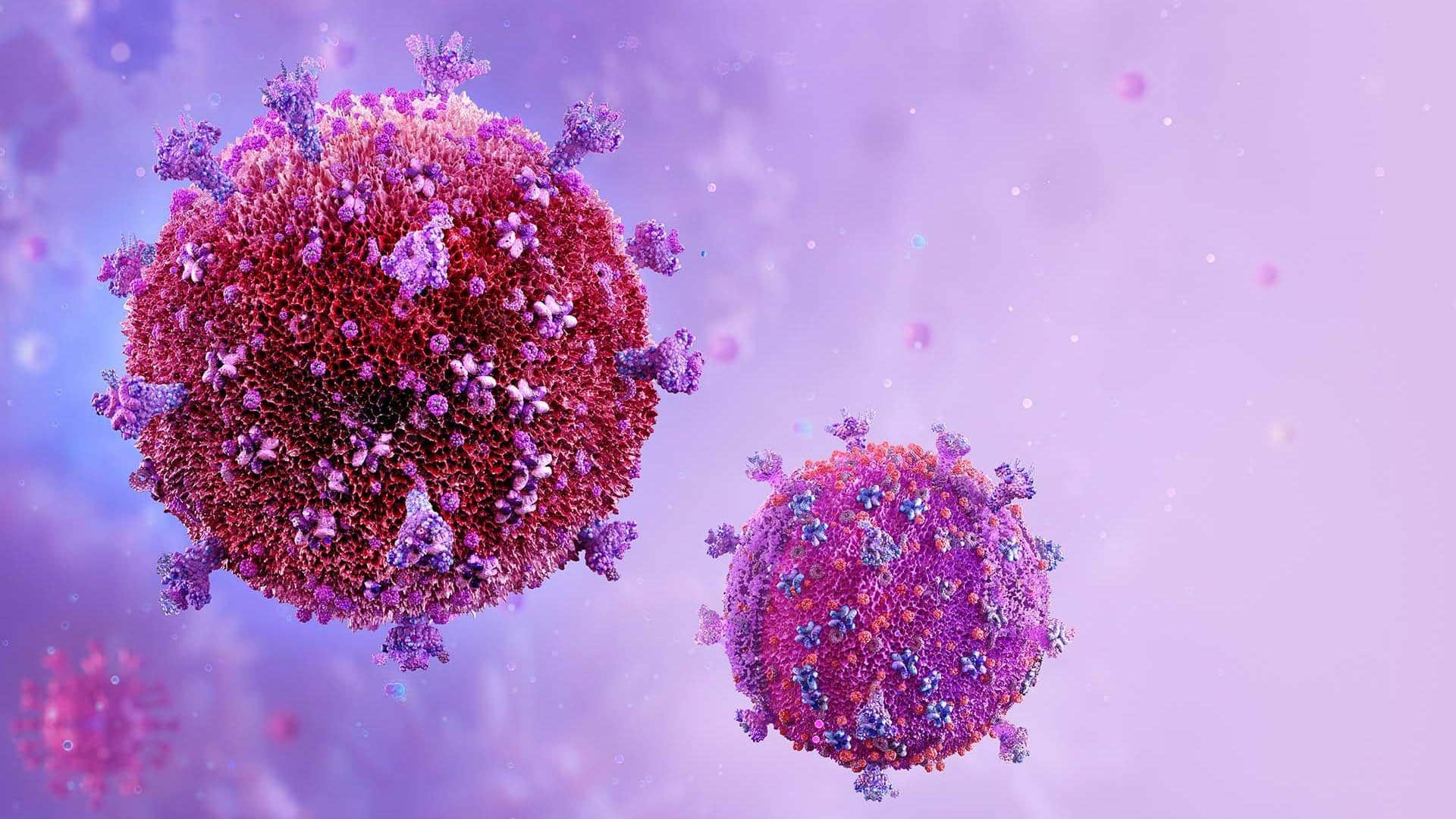
Scientists remove HIV from cells using gene-editing technology
What's the story
Researchers at Amsterdam University Medical Centre have made significant strides toward eradicating the HIV or Human Immunodeficiency Virus from cells in a lab environment. They utilized Crispr-Cas, a gene-editing tool that has been recognized with a Nobel Prize. This tool functions like molecular scissors, snipping DNA at designated points to remove undesirable genes or insert new genetic material. The team's goal is to create an effective and safe Crispr-Cas protocol that could potentially offer an 'HIV cure for all.'
Stellar reputation
Crispr-Cas: A revolutionary tool in gene-editing
Crispr-Cas, the gene-editing tool employed in this study, was awarded the Nobel Prize in 2020 for its precision in altering DNA sequences. Initially identified as a bacterial defense mechanism against viral attacks, this technology enables scientists to target specific genes, make modifications such as rectifying mutations or removing genes, and control gene expression. Its transformative potential spans numerous sectors including healthcare, agriculture, and biotechnology.
Understanding HIV infections
HIV can infect diverse cell types
HIV primarily attacks CD4+T cells which are vital for the immune system's function. It also has the capacity to infect other immune cells including macrophages and dendritic cells. This capability to infect diverse cell types contributes to the systemic nature of HIV infection and its progressive impact on immunity. The researchers concentrated on elements of the virus that remain consistent across all known HIV strains with an aim to develop a comprehensive therapy.
Cure still distant
Latest work serves as a proof of concept
The work conducted by these scientists serves as a proof of concept. The subsequent steps involve refining the delivery method to target the majority of HIV reservoir cells. The ultimate objective is to formulate a strategy that ensures safety for future clinical applications while retaining effectiveness. However, the researchers stress that it's too early to announce a functional HIV cure is imminent, underlining that clinical trials can only be contemplated once an optimal balance between effectiveness and safety is achieved.